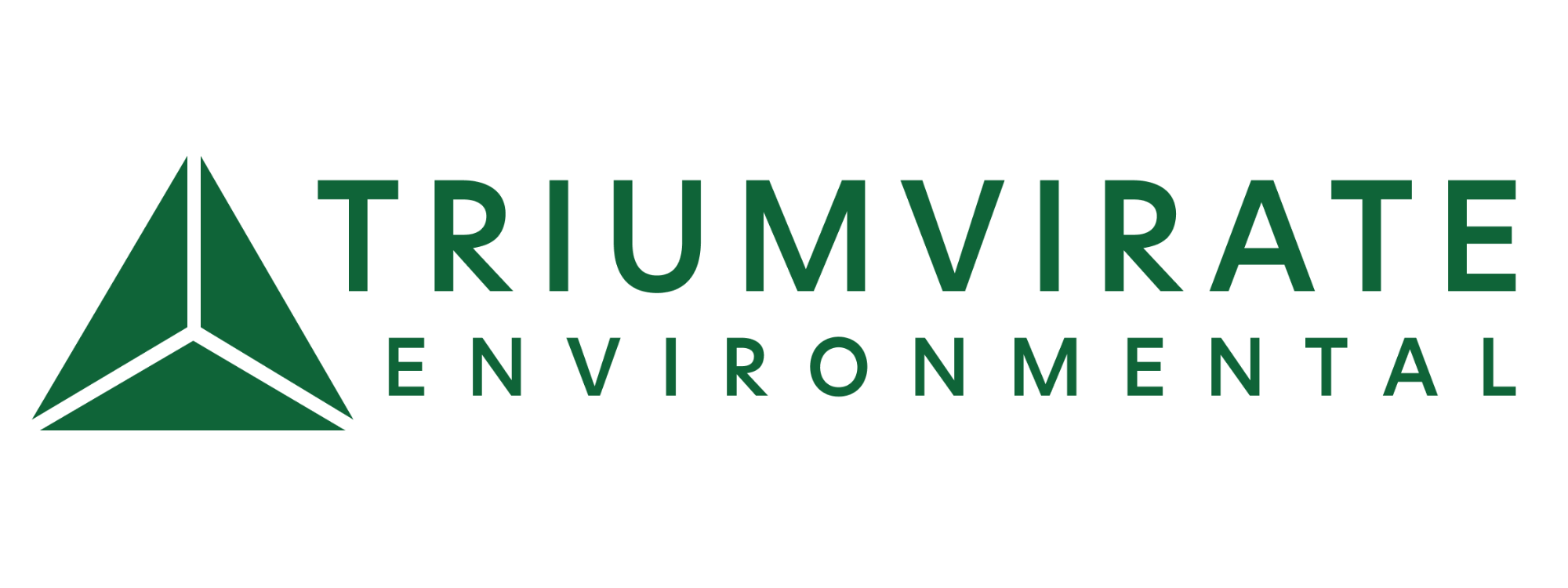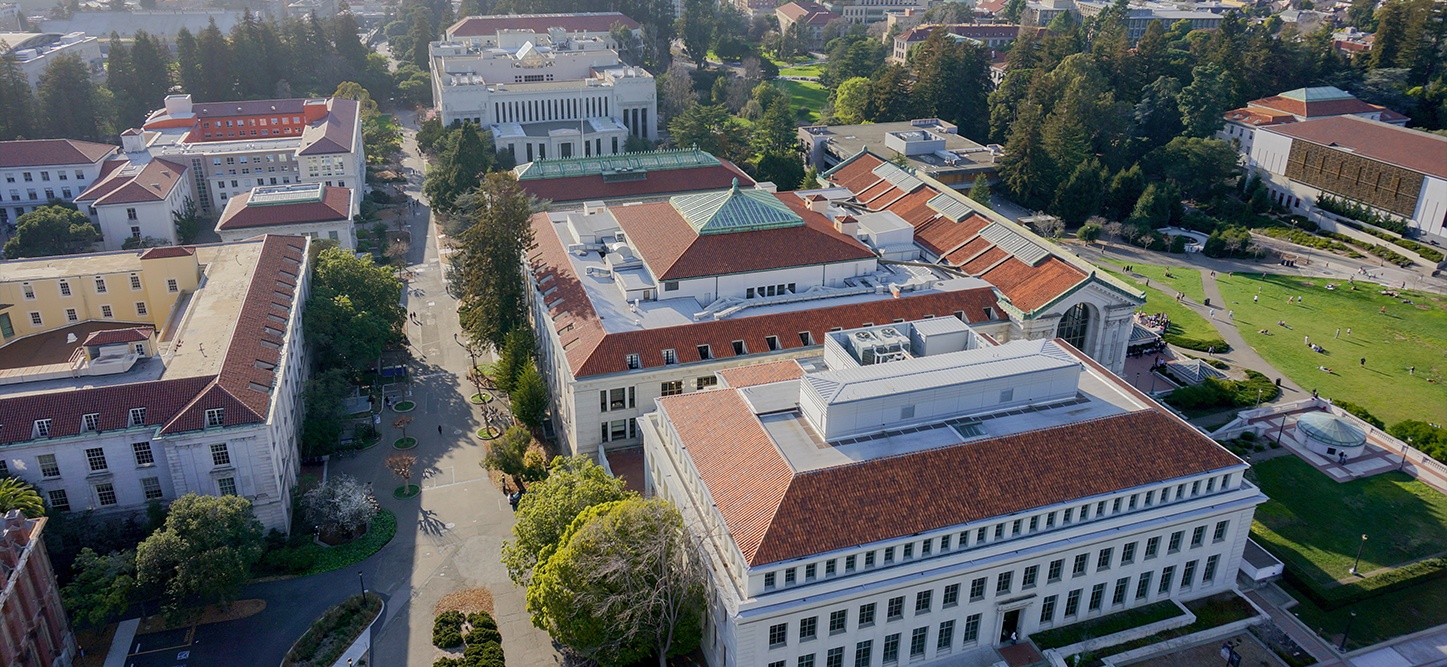Triumvirate Environmental executed a sustainability initiative regarding an incubating process producing large amounts of biologically contaminated plastic flasks at tissue culture lab in a large pharmaceutical company in Cambridge, MA.
The existing process produced nearly 2,000 flasks per year, creating 420 bio boxes per year which could amount to $12,500 disposal costs (at $30 per box). Although the contents of the flask were not considered to be bio-hazardous, the solutions were treated with bleach and poured to drain, leaving sterile empty flasks that were then disposed of as bio-hazardous waste. TEI partnered with the lab running the incubation to determine the most sustainable solution to waste management.







.png)